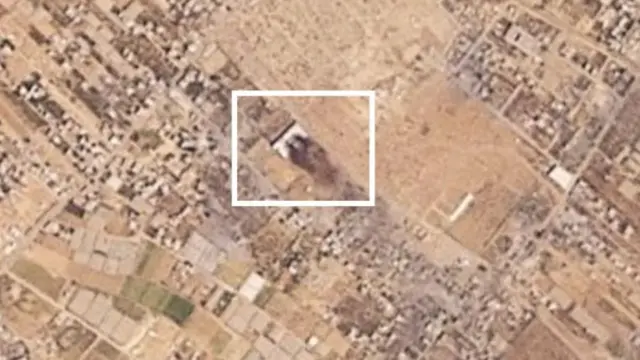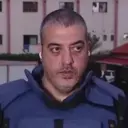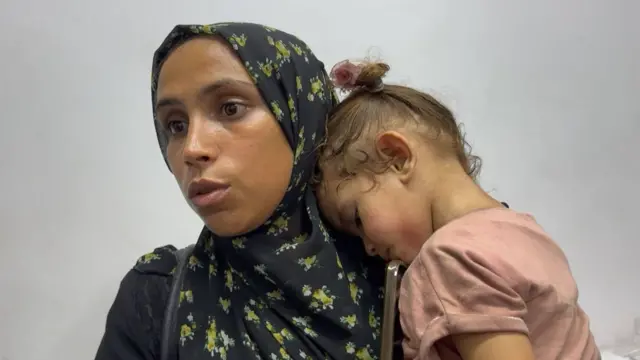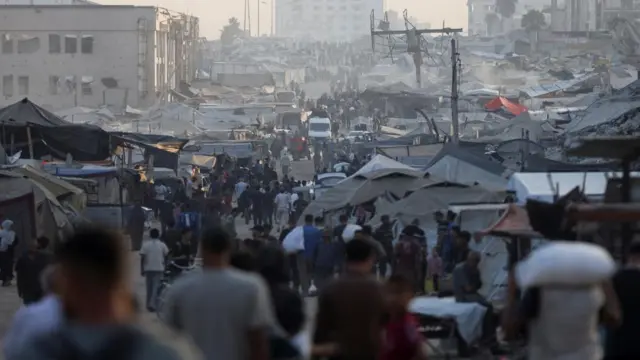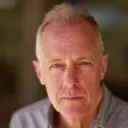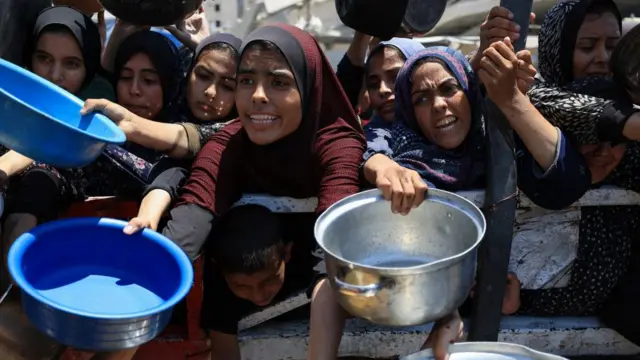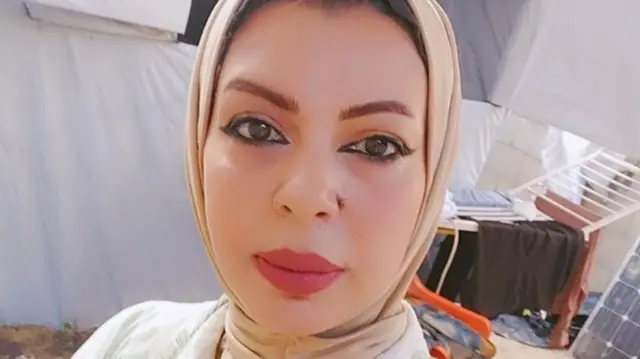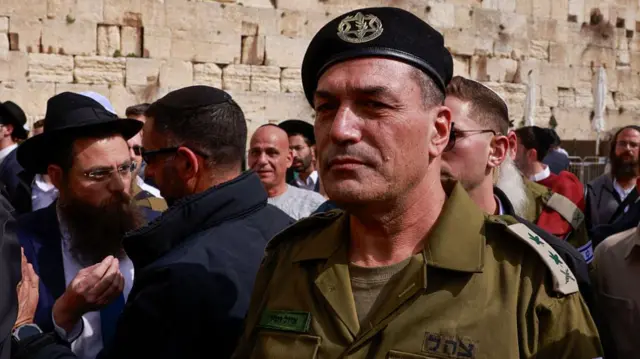Israeli operation in central Gaza continues amid warnings of a severe hunger crisispublished at 18:03 BST 22 July
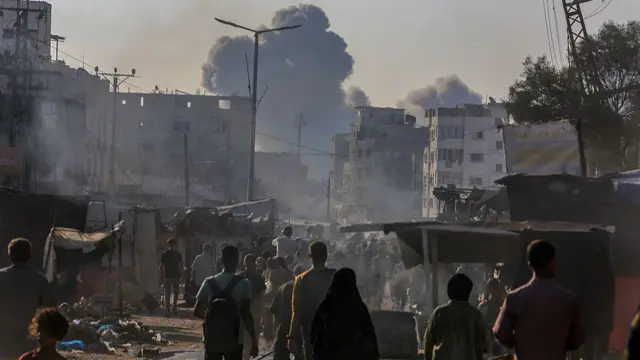 Image source, Getty Images
Image source, Getty ImagesPeople watch smoke rise over Khan Younis after an attack today
Furious outcry over the way Israel distributes aid to people in Gaza has continued today, as we heard more and more stories of Palestinians describing an unprecedented hunger.
The day began with David Lammy telling the BBC he was "sickened" by the scenes in Gaza, a day after the UK joined over two dozen countries calling for an end to the war. As the day progressed, the UN said that Israel had killed more Palestinians seeking food at distribution sites, bringing the total number killed since May to over 1,000.
Israel has disputed those death tolls, and both Israel and the US say the distribution system is necessary to stop Hamas from stealing aid.
Meanwhile, the Hamas-run health ministry in Gaza reported that 33 people, including 12 children, had died of starvation and malnutrition in the past two days alone.
Several hospitals in Gaza may have to close in the next 48 hours due to fuel shortages, the ministry warned, as Israel demonstrates its intent on continuing its ground offensive in the central city of Deir al-Balah.
The city is a place where many civilians were sheltering and humanitarian organisations base their operations. Israel's chief of general staff said troops must be prepared for a "continued wide-scale and comprehensive campaign".
This is where we will end our live coverage for now, but you can find further reporting below:
- The latest: WHO condemns Israeli attacks on facilities in central Gaza
- Political reaction: Lammy "appalled and sickened" by civilian suffering in Gaza
- International outcry: UK and 27 other nations condemn Israel over "inhumane killing" of Gaza civilians seeking aid
- Watch: Israel challenged on strikes that kill "desperate starving children"
- Analysis: Israel's allies see evidence of war crimes in Gaza mounting up, writes Jeremy Bowen

